A screen shot from the “Research Reactors in Support of Advanced Reactor R&D” session at the 2021 ANS Winter Meeting and Technology Expo.
First-of-a-kind research reactors, demo reactors, and research facilities are being developed and sited on university campuses to support the broader deployment of advanced reactors. At the 2021 ANS Winter Meeting and Technology Expo, during a December 2 panel session titled “Research Reactors in Support of Advanced Reactor R&D,” several of these planned projects were discussed in detail—including a molten salt reactor in Texas and a high-temperature gas–cooled reactor in Illinois.
The session was sponsored by the Reactor Physics Division and organized and chaired by Pavel Tsvetkov, of Texas A&M University. A video of the session is available to registered Winter Meeting attendees.
A rendering of Ultra Safe Nuclear Corporation’s micro modular reactor as proposed for construction on the University of Illinois at Urbana-Champaign campus. (Graphic: USNC)
A bipartisan group of legislators has introduced a bill to invest in university nuclear science and engineering infrastructure, establish regional consortia to promote collaboration with industry and national laboratories, and support the development of advanced reactor technology. The National Nuclear University Research Infrastructure Reinvestment Act of 2021 (H.R. 4819) was introduced in the House of Representatives by Reps. Anthony Gonzalez (R., Ohio), Sean Casten (D., Ill.), Peter Meijer (R., Mich.), and Bill Foster (D., Ill).


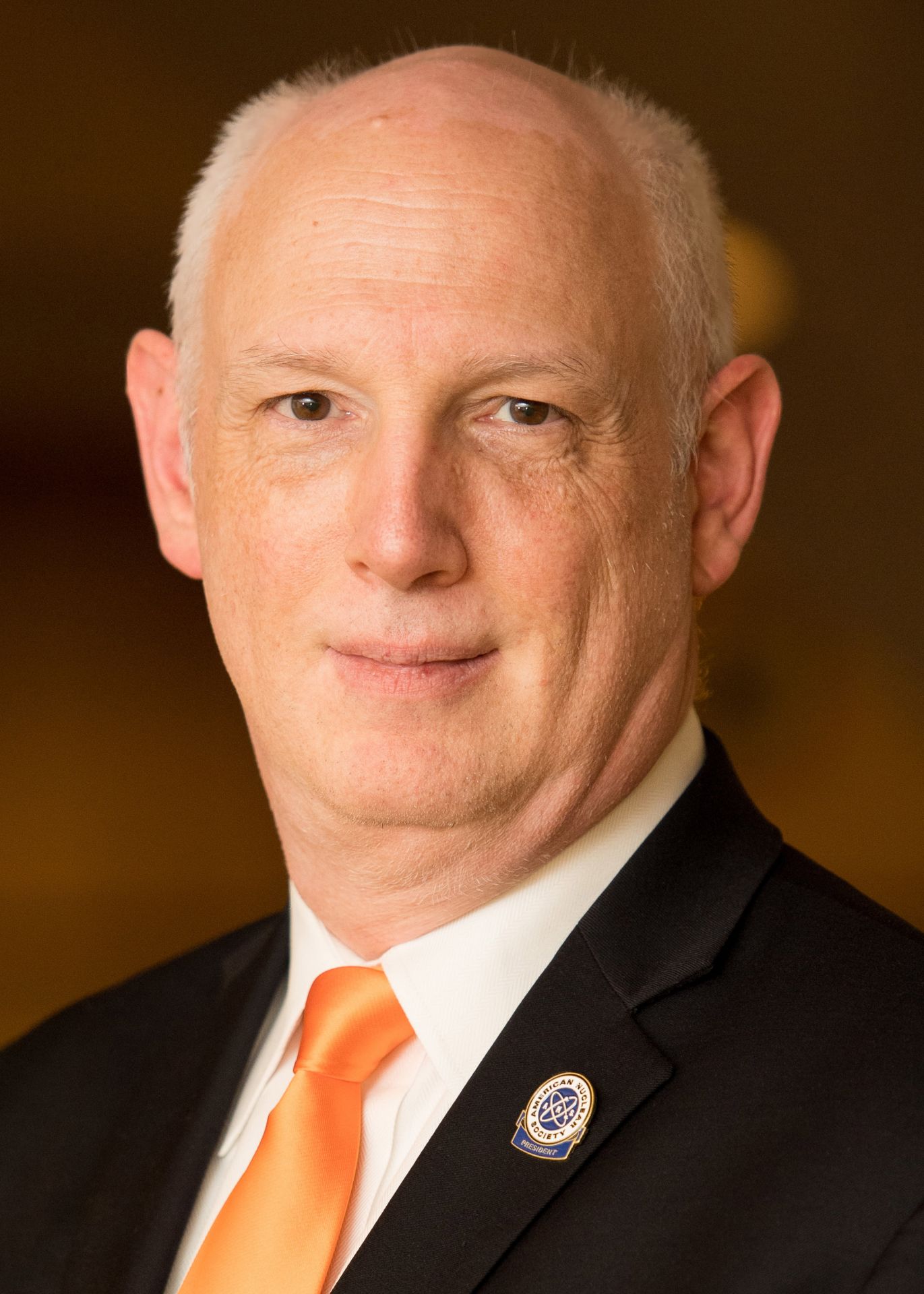
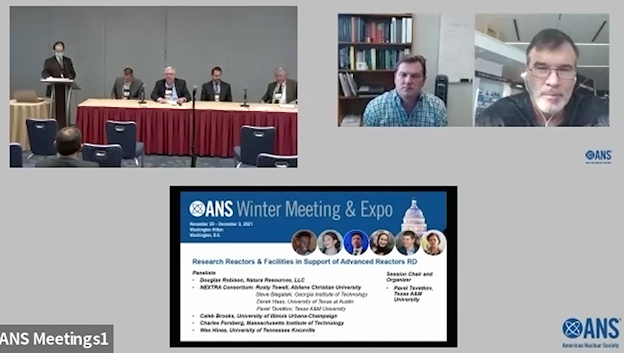
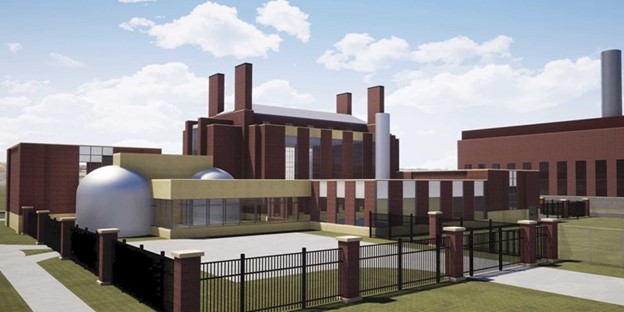
 The impact of the COVID-19 pandemic on universities has been wide-ranging, as it has forced remote learning across campuses, with a few exceptions.
The impact of the COVID-19 pandemic on universities has been wide-ranging, as it has forced remote learning across campuses, with a few exceptions.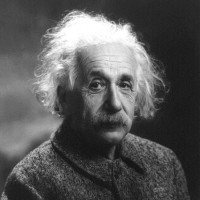 Einstein is most well-known for his theory of relativity (e=mc²), but did you know these lesser-known facts about everyone's favorite crazy-haired physicist?
Einstein is most well-known for his theory of relativity (e=mc²), but did you know these lesser-known facts about everyone's favorite crazy-haired physicist?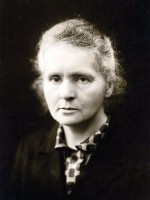 The start of Marie Curie's story isn't like most of the other scientists that had made a name for themselves throughout history, mostly because she was a grown woman by the start of the 20th century. But she was the first woman to do a lot of things, including getting a Ph.D. from a university in France, and winning a Nobel Prize. She was also the first person ever to win a Nobel Prize in two different fields of science. To say she pushed the societal and scientific boundaries of her era is an understatement.
The start of Marie Curie's story isn't like most of the other scientists that had made a name for themselves throughout history, mostly because she was a grown woman by the start of the 20th century. But she was the first woman to do a lot of things, including getting a Ph.D. from a university in France, and winning a Nobel Prize. She was also the first person ever to win a Nobel Prize in two different fields of science. To say she pushed the societal and scientific boundaries of her era is an understatement.